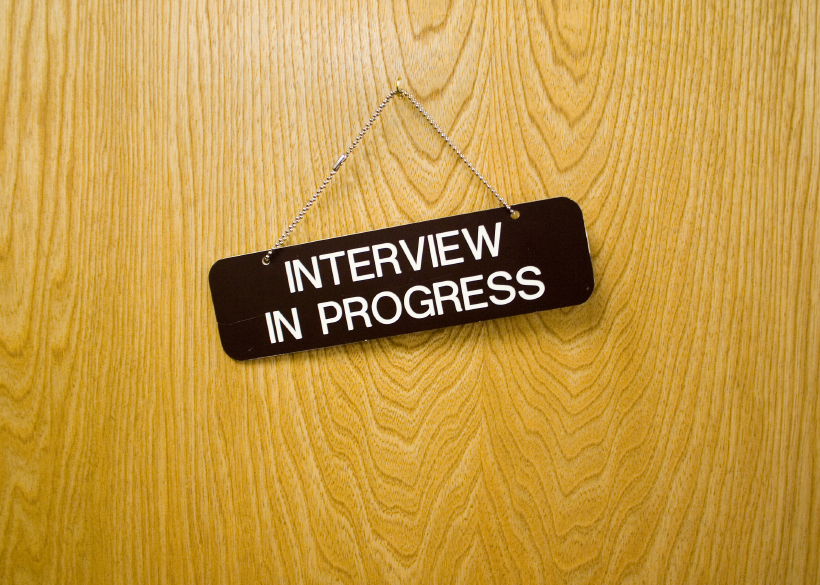 |
The best way to make sure that your team interviews are the best they can be is to understand their potential flaws. Take a look at this list of cons, and consider how you might overcome them. Take a look at yesterday’s Advisor for a list of pros.
Downsides to Team Interviews:
- Having more people involved in the interview process increases the risk of someone asking an inappropriate or illegal interview question, especially if they’re not all trained in advance. Everyone involved will need to understand the legal ramifications of interviewing.
- Just because there are multiple people does not guarantee they will make a better decision, and it may require many different groups to be involved across the organization to hire for various roles.
- There could be disagreement among the team when trying to reach a decision on who to hire; more people does not guarantee an agreement.
- Even in a group, there is a risk of having one individual be the dominant interviewer, which can negate some of the benefits of the group dynamic.
- It takes more time out of more people’s day for the interview process, which can increase the cost of the process. However, if better hiring decisions result, this may be an acceptable tradeoff.
- Having more people involved can mean the process takes longer. It takes more time to coordinate schedules for the interview itself. It also takes more time to debrief and discuss the options. This delay can be problematic for high-value candidates who may have another offer already under consideration.
To reduce some of the risks, employers who opt to conduct team interviews will need to be very selective when forming the interview team to ensure there will not be negative influences on the candidate, nor will there be individuals who inappropriately dominate the process. Be aware that team members will often bring prejudices if they have someone in mind for the role or if there are other issues at play. Employers will also need to ensure that all team members are properly trained in advance and should consider conducting mock interviews to allow the team to form a working dynamic.
Deciding what kind of interview to conduct is only a small part of recruiting. Six times a year, the HR Daily Advisor Research Team conducts detailed research into contemporary HR challenges to highlight best practices and common policies and procedures. For our latest report we examined how recruiting is being used in the real world of HR—thanks to our sponsor, SilkRoad.
The focus has never been so strongly aimed at hiring quality, engaged, employees with high potential as it is now. This report aims to see how companies currently approach accomplishing that goal.
Our respondents shed some light on the state of contemporary recruiting. We polled 516 people across numerous industries and disparate parts of the country to find out. See the results of our national survey with this free download.
This new product, made possible by sponsor Silk Road, features:
- Full results of our national survey addressing recruiting
- Executive summary and highlights
- And much more!
With employment numbers higher than they have been in nearly a decade, the problem for recruiting is no longer creating jobs. Now, it’s about hiring the best person for the job, or onboarding as many people as possible in the face of expanding organizations. How do your competitors handle their recruiting? What is the role of social media in modern recruiting? How do you know that the people you hire are going to be more than an empty seat in two years?
Take a look at the complimentary results of our recruiting survey to find out.
